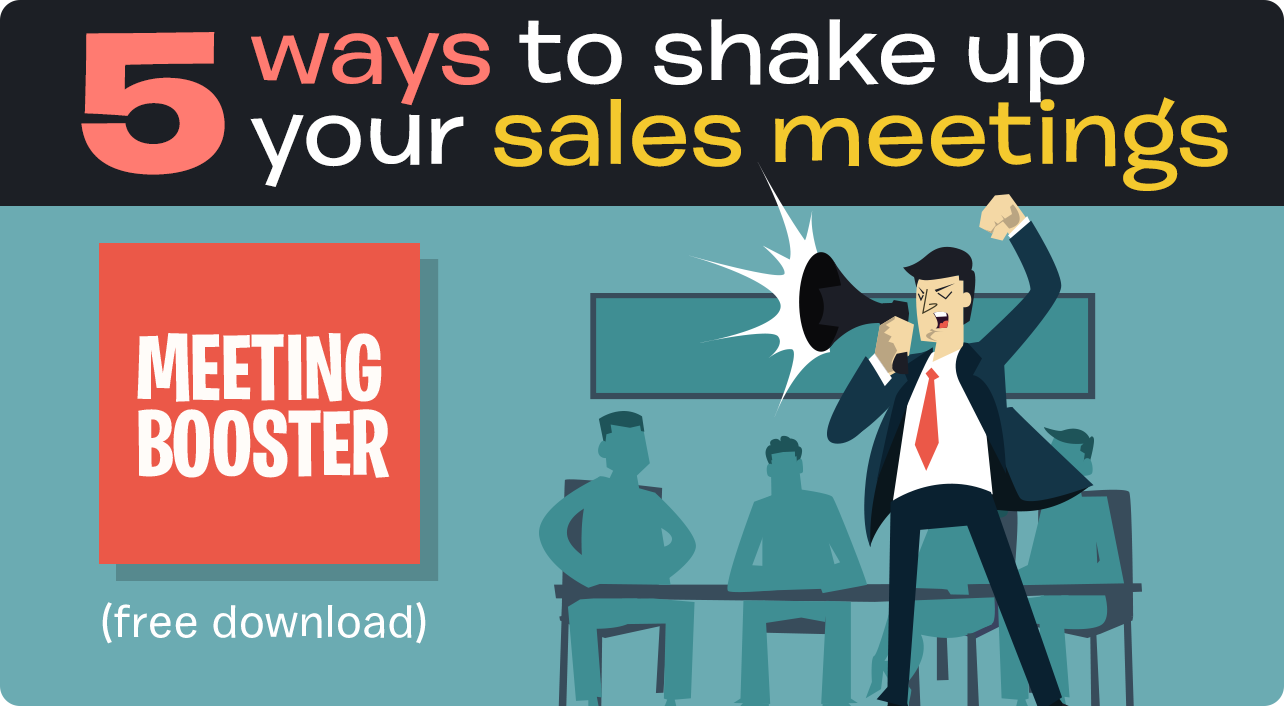- sales
- Blog post
Salespeople are competitive. You want to encourage that. Well, not always…
If there’s one thing you want in a salesperson, its competitiveness. You need reps who get excited by winning.
That’s why sales managers like to spark a little friendly competition within the team, using things like leaderboards, awards and contests to motivate reps to reach a little bit farther. And it’s all in good fun, right?
Sure. But when it comes to training, research suggests, competitiveness can get in the way.
When learners feel they’re being measured against others, they’re likely to become less motivated and less engaged in the training, according to a study by an international team of researchers.
Specifically, the researchers looked at the role of “anticipated feedback” among learners — that is, what kind of evaluations did the learners expect to get?
The experimenters set up two groups of learners. Both groups were told they’d take a pretest, then get some training. Then they’d get a follow-up test. Finally, a researcher would provide individual feedback to each participant.
What kind of feedback?
One group was told that this feedback would be based on how much the learner had improved from the first test to the second. In other words, they would be evaluated based on how much they’d improved.
The other group was told the feedback would be based on how they’d performed compared to their peers.
Before the training took place, participants were asked to fill out a questionnaire about their goals for the training.
Hope vs. dread
The differences in their attitudes and expectations were profound.
The first group — the ones who’d be evaluated based on their personal development — had high hopes. Their responses reflected a high degree of intrinsic motivation. Their expectations focused on improvement — for example, with statements such as “My goal is to improve as much as possible during the test.” These positive emotions persisted throughout the training. When the training was done, the learners in this group expressed emotions such as hope and pride.
The second group — those who were told they’d be compared against their peers — were much more pessimistic. Instead of focusing on improvement, their goals were all about appearances. For example, they expressed goals such as, “To avoid performing poorly in front of my peers.” After the training was concluded, they expressed negative emotions, such as anxiety, hopelessness and shame.
The takeaway
While this study didn’t involve salespeople, it’s reasonable to assume that they’d experience the same emotions. And while “looking good” may work to get them selling more, it can undermine the goals of training. Learning inevitably requires people to take chances and possibly ending up falling on their faces.
So when it comes to training, put aside the leaderboards and focus on personal bests. What really matters is how much each rep improves over his or her own baseline.
Source: Pekrun R., et al. (2014). The power of anticipated feedback: Effects on students’ achievement goals and achievement emotions. Learning and Instruction 29, 115-24.

Get a demo of all our training features
Connect with an expert for a one-on-one demonstration of how BTS Total Access can help develop your team.



